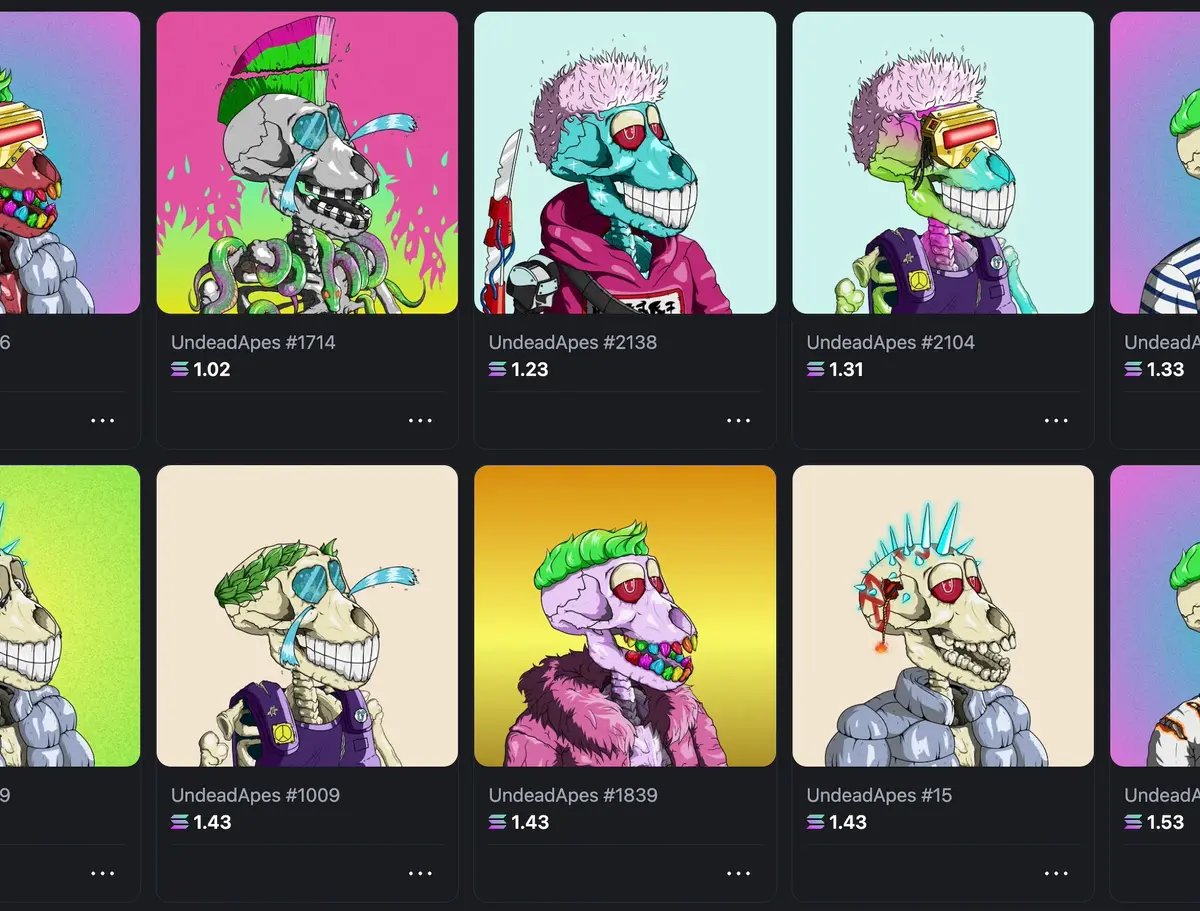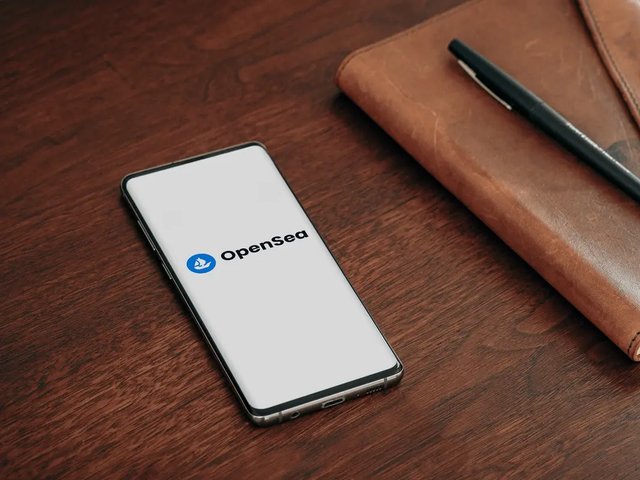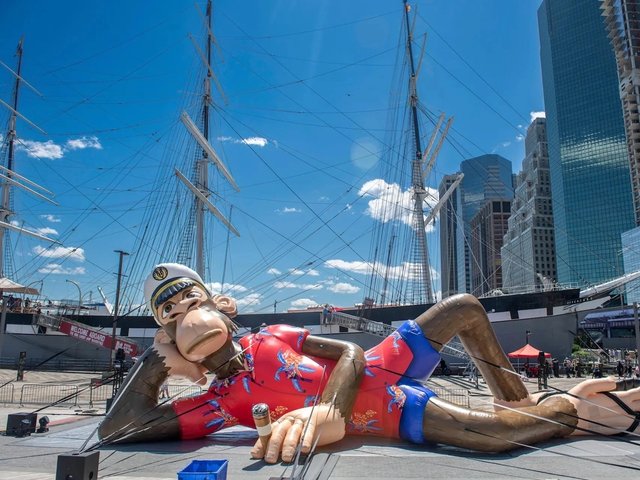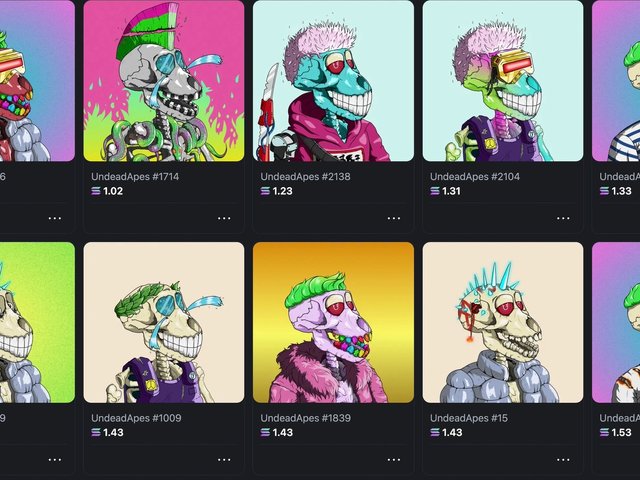A Florida jury has found the alleged mastermind behind the UndeadApes and Undead Lady Apes NFT (non-fungible token) collections guilty of conspiracy to commit wire fraud and money laundering. Berman Jerry Nowlin Jr, a 21-year-old resident of Alabama known by the aliases “Repulse” and “Zayous” in the NFT community, faces a maximum penalty of five years in federal prison, with sentencing set for 23 January 2025. His co-conspirator, 25-year-old Devin Alan Rhoden, an active US Air Force officer who went by “Denny” and “Deviinz” online, pleaded guilty to the same counts on 24 May. His sentencing hearing is scheduled for 20 November.
Nowlin created the UndeadApes and Undead Lady Apes (zombie-fied riffs on the popular Bored Ape Yacht Club NFT series) with his co-defendant and acted as a developer for both projects, coding the Solana smart contracts and creating the NFTs with a blockchain art engine. After Rhoden initially marketed the NFTs on social media, the average sale price of the collections increased, reselling for the cryptocurrency equivalent of $360 over a mint price of approximately $5.
In April 2022 Nowlin and Rhoden allegedly used the popularity of their NFT products to engage in a “rug pull” investment fraud scheme, in which perpetrators purposefully abandon an endeavour after taking investors' funds, leaving paying customers with a functionally worthless asset. According to filings earlier this year, the business partners announced plans to mint a third NFT collection, dubbed Undead Tombstone, exaggerating their intentions to invest in the project and making misleading statements about its relationship to the hot NFT commodity Stoned Ape Crew. Nowlin and Rhoden minted 632 Undead Tombstone NFTs before precipitously terminating the process; soon after, the pair deleted their social media accounts and cut off all venues for investor communication, allegedly absconding with a total of $135,000.
Nowlin allegedly used a decentralised blockchain called TornadoCash to “chain-hop” the fraudulent funds from the Solana blockchain to the Ethereum blockchain, further obscuring his trail of cybercriminality. After transferring the cryptocurrency into US dollars, Nowlin and Rhoden managed to extract $400,000 from the sales of the three collections.
“These cybercriminals concocted a scheme to defraud investors through a grand illusion and orchestrated a ‘rug pull’ to steal money from unsuspecting people, and laundered their ill-gotten gains though other cybercurrencies,” Homeland Security Investigations' assistant special agent in charge in Tampa, John Dumas, in a statement following the jury's ruling on 31 October.
Rhoden and Nowlin’s legal woes come amid a string of high-profile lawsuits that have sought to define the legal and regulatory contours of Web3. On 11 October a group of NFT holders sued Eden Gallery and the artist Gal Yosef over an alleged failure to follow through on promised perks of a private members’ club for buyers of the Meta Eagle NFT collection, another alleged version of the “rug pull” investor fraud scheme (a notable lack of hot air balloon rides was a particular sticking point).
On 29 July, the musician Jonathan Mann and conceptual artist and lawyer Brian Frye filed a lawsuit against the US Securities and Exchange Commission seeking declaratory judgement that their planned NFT projects do not constitute securities and contending that selling art on the blockchain does not transform the art itself into a financial instrument. In May 2023, Nathaniel Chastain —a former employee of OpenSea, one of the leading NFT trading platforms—was convicted of wire fraud and money laundering in a case that was cast as the “first insider trading” indictment in the Web3 sector.






